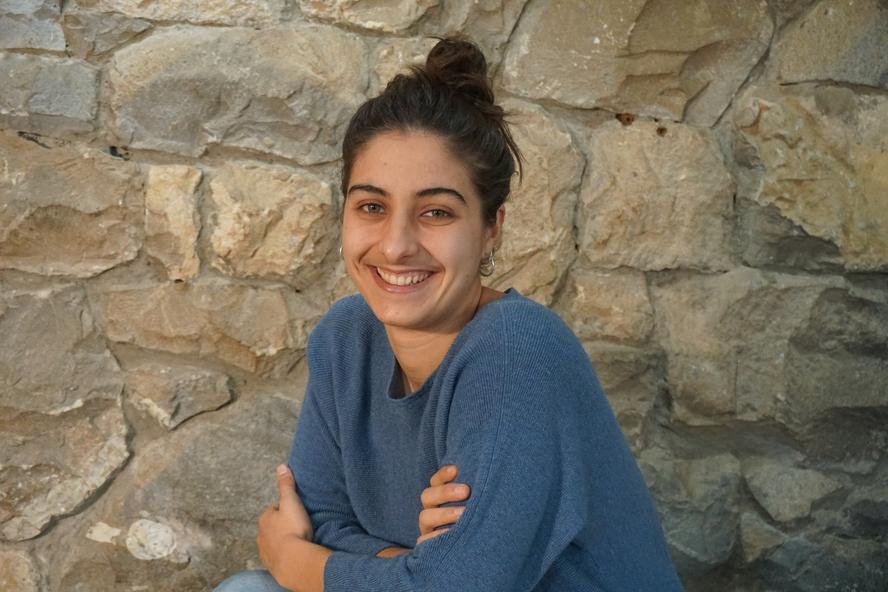“I would like this space to be much more feminist”
Muitze Zulaika Gallastegi works in a fashion field: artificial intelligence. Specifically, he is developing the grammatical corrector in Basque at the artificial intelligence center Orai (Elhuyar). However, when he embarked on the path of access, artificial intelligence was not so present in the bogie. What's more, he remembered that computer science wasn't cool either, and he started making it half random.
He says he did high school in the field of science and technology, and he wasn't clear where to go. So he started in computer science school with no special vocation but curiosity. "At that time we represented computer scientists as geek men, who knew how to program from a young age... And so I was afraid the race was going to be, besides, because I had no programming, and so on. But careers are for that, and there I learned what computer science is, and it was like discovering a new world: I learned a new language, I learned how to program ... I eventually learned to think like a computer scientist."
He also saw that the faculty people had nothing to do with the stereotyped model, and that there were many female teachers. So he gradually fell in love with the career. There arose the possibility of dedicating itself to linguistics. "The computer world is very masculinised, and my usual jobs and jobs didn't attract me much. But in the last year of the career, we had the subject of language processing. In this subject, machines are taught to understand human language through artificial intelligence. And that's where my interests coincided, because I've always had adherence to language."
This subject was "totally fascinated" and the doors opened to a new world. In this sense, he carried out his final degree work in Elhuyar, as well as the final master's degree. Specifically, the final master's work consisted in developing a model for correcting grammatical errors in Basque.
Artificial intelligence, Basque and feminism
The fact that the model was made for the Basque country has its difficulty, but it is also special in terms of motivation, as it works for the Basque country and the Basque country. "In the Orai center we contributed to the Basque. It's clear that artificial intelligence has the power and the power to transform society, and there are risks. But language processing is essential for minority languages, which is the reality, and if we want an up-to-date society and an active language, we need models to understand the Basque language, be able to create in Basque, be able to translate... We need for the survival of Euskera."
Euskera needs artificial intelligence and women researchers are also needed. Zulaika says that science and technology in general are masculinised and that needs to be changed. "And now you have to change it. Why? Well, I don't understand a world without women, I don't understand a science without women, I don't understand a research that doesn't have that look. And I think it's imperative to apply those looks and thoughts in science and computing."
Being in a minority also means less prestige or importance. "They're not isolated things, we know it's a structural problem. And to face it, first of all, it is necessary to be aware and to make the situation visible, and then to face it systematically through policies and practices. What we're going to do research, why we're going to do this research, we're going to decide, before we do research, to do it from a feminist perspective, who's going to do research, how -- you can do a lot of things from the very beginning," Zulaika said.
Accomplices are also needed, and most of those Zulaika has found are women, not only in computer science, but also in other areas. "Learning from them I've managed to bring it back to my field."
Therefore, although he is very comfortable in research and in Basque, and wants to continue there, he also has a desire for the future: “I would like that space to be much more feminist.”







